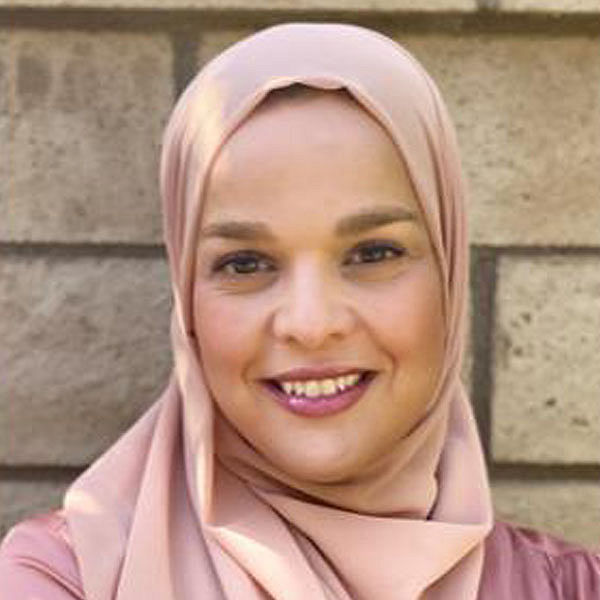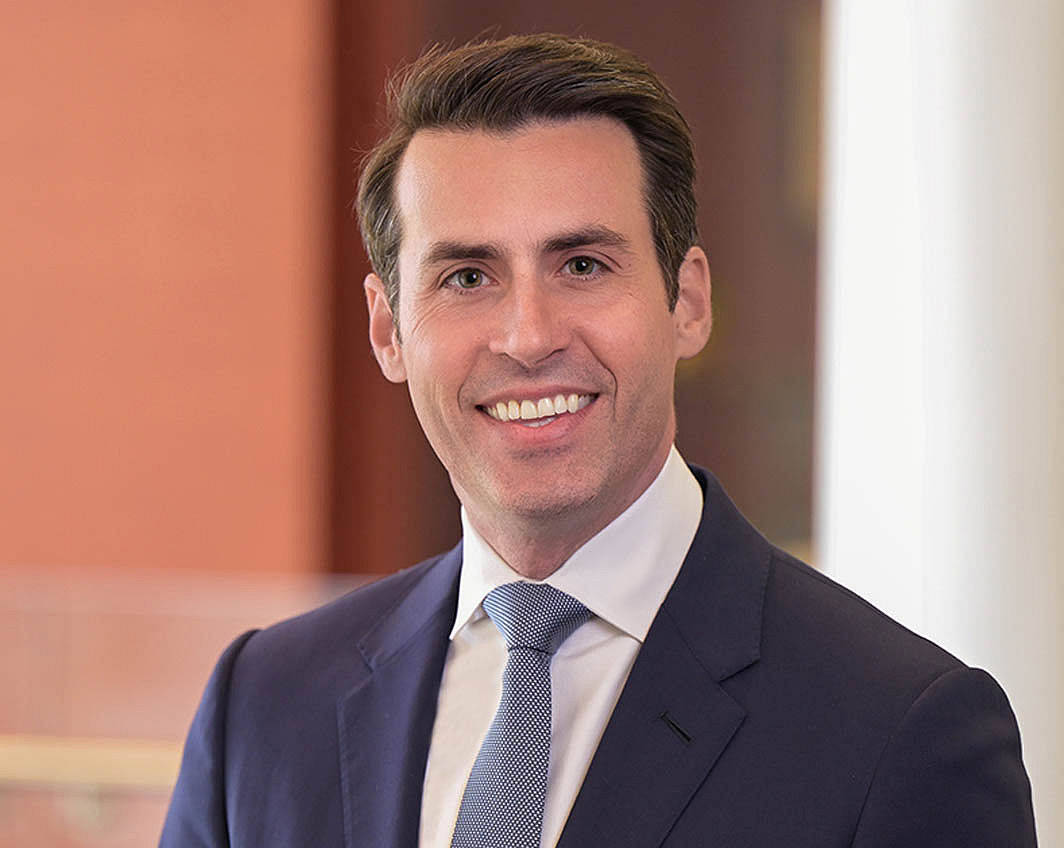5 ways AbbVie is working to deliver medicines in half the time
When it comes to creating more time for patients with debilitating diseases, AbbVie’s goals are ambitious—and they need to be.
Making time count for patients
A single doctor’s visit can change the future for someone who’s been diagnosed with a serious illness, whether it be cancer, an autoimmune disease or a neurological disorder.
For the patients receiving this news, their lives may never be the same – and the concept of time becomes more precious.
AbbVie strives to make time count for these patients, knowing that the less time it takes to develop and deliver new treatments, the more time they can spend with the people they love.
“Creating more time for patients is what motivates and drives our teams at AbbVie,” says Nicholas Donoghoe, EVP and Chief Business & Strategy Officer, AbbVie. “We are laser focused on identifying efficiencies that speed up development, with the goal of going twice as fast to deliver transformational new medicines to patients.”
Accelerating the process from lab to patient
Historically, it takes 10-15 years to bring a medicine from discovery through clinical development (including clinical trial research programs that evaluate the safety and efficacy of a treatment; these data inform the application to regulatory authorities, such as the U.S. Food and Drug Administration (FDA) for approval), and then to patients. AbbVie has set an ambitious goal to accelerate the clinical development process to help deliver medicines in half the time.
Here are five ways the company is driving efficiency across the clinical development process:
1. Delivering drug supply for clinical testing sooner
Before a clinical trial can begin, clinical trial sites need a supply of drugs to administer to trial participants. The preclinical development of drugs can be complex, particularly for novel medicines called biologics, such as monoclonal antibodies that are derived from clones of a single origin cell.
“Our goal is to bring novel assets through discovery, into development and to our patients as quickly as possible,” said Calum Park, Ph.D., vice president, science and technology, AbbVie. “The more we can accelerate these timelines, the faster we can begin the clinical trial process to evaluate the safety and efficacy of the medicine.”
In the example of monoclonal antibody development, the standard practice used to be—and in many cases still is—that laboratories manually isolate and screen for the single origin cell, a process that could take two to three months to complete. AbbVie is accelerating that process with cutting-edge technology that uses light to move individual cells, enabling rapid isolation and screening of a single cell in about one week. This technology, along with increased manufacturing capacity and processing improvements, has allowed AbbVie to deliver monoclonal antibodies for clinical trials one year faster.
2. Achieving rapid proof of concept to move a drug candidate through the pipeline quicker
An important early step in the clinical trial process is to determine if the drug candidate achieves what it’s meant to. This is called a Proof of Concept (PoC) study. A PoC study is the first trial designed to evaluate how effective a drug is in treating people with the disease being studied. Getting to proof of concept more quickly allows AbbVie and other pharmaceutical companies to determine whether to progress a drug further in the clinical trial process. With flexible resourcing and effective clinical trial design, AbbVie is reaching proof of concept in oncology one year faster.
3. Selecting the best study sites to significantly increase productivity
Clinical trial sites are crucial to the drug development process. These sites provide a controlled, safe environment to test a drug candidate in patients through the help of site staff and investigators – doctors who are running each study in accordance with the sponsor’s (in this case, AbbVie’s) clinical trial design.
AbbVie uses advanced analytics tools powered by artificial intelligence and machine learning to tap into decades of data to predict which clinical sites will get up and running quickly. This advanced technology is then layered with the historical knowledge and expertise of AbbVie’s medical directors, medical science liaisons and in-country leaders, who are experts in clinical site processes and work closely with the global healthcare providers who are the clinical trial investigators.
“We are looking for sites that are high quality, understand our science and efficiently recruit patients who can most benefit from these medicines,” says Ragad Attar, vice president, head of clinical development operations, AbbVie. “This approach has given us a head start by identifying sites that are more likely to perform, produce quality data and has significantly increased productivity, speeding up our clinical trial selection process by 50 percent.”
4. Starting up quickly and engaging sites globally
Once the clinical trial sites have been selected, starting up a clinical study requires educational resources. To support sites with trial setup and launch, AbbVie has built a global team of dedicated clinical trial experts, known as the Study Start-Up (SSU) organization, to provide in-depth knowledge of country regulations, clinical trial site operations and processes for getting up and running.
“With increased engagement and exposure to site coordinators, we’ve been able to ask the right questions, provide solutions and accelerate our clinical trials,” says Attar. “As an example, using this approach, we’ve been able to accelerate our enrollment three times faster on a key oncology program and allowed us to save an additional year in the development process.”
5. Creating robust regulatory submissions
Clinical trials provide insights into a drug candidate’s safety and efficacy profile, including appropriate dose and any potential side effects—with the goal of demonstrating that it safely and effectively treats the disease or medical condition. With this information, AbbVie’s regulatory team reviews data and prepares a thorough submission to global regulatory agencies like the U.S. FDA. The company has leveraged artificial intelligence and automated tools to advance this process, shortening the submission timelines while continuing to deliver high quality dossiers.
“From what our scientists do in the lab every day to how we discover new medicines, we strive to make transformational improvements that will have a lasting impact on patients,” Donoghoe says. “Pioneering new approaches isn't easy, but it’s what we must to do advance our mission because patients can’t wait.”
Media inquiries:
Email: [email protected]





